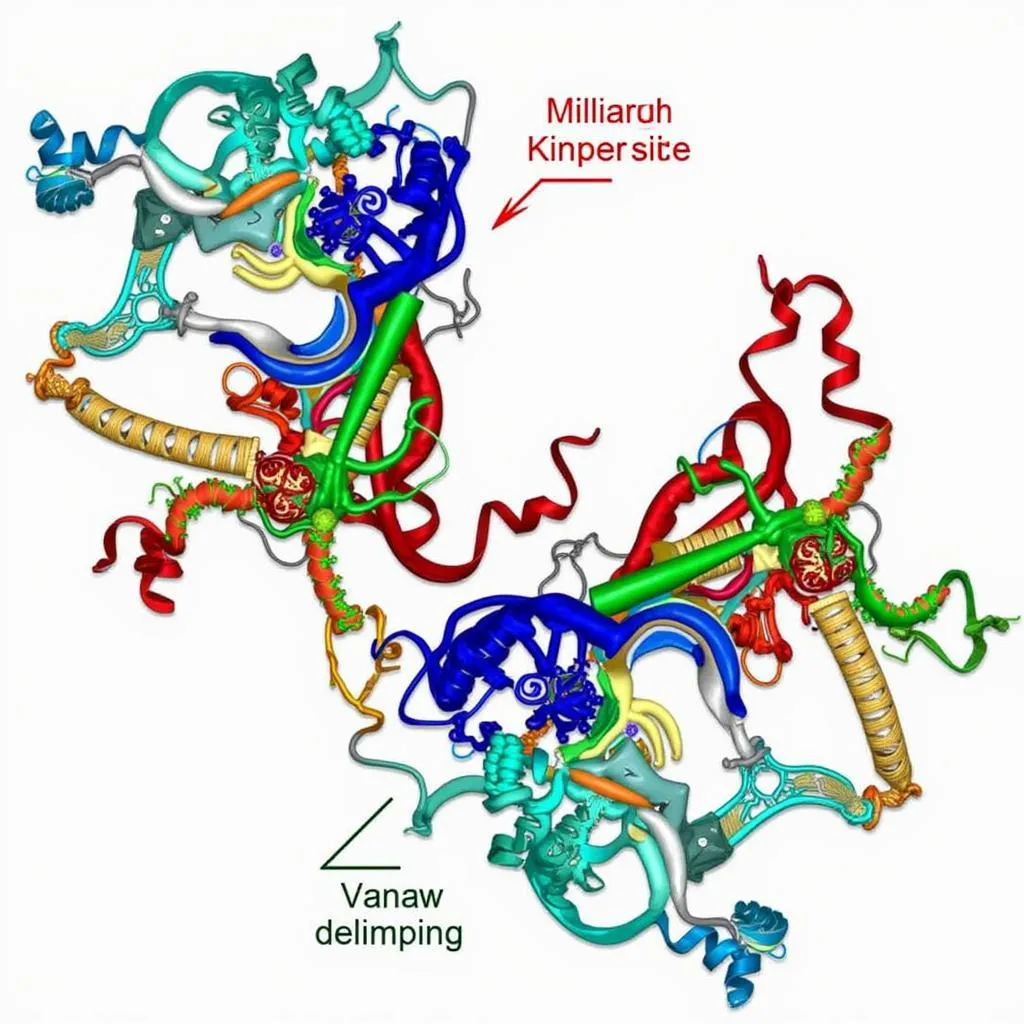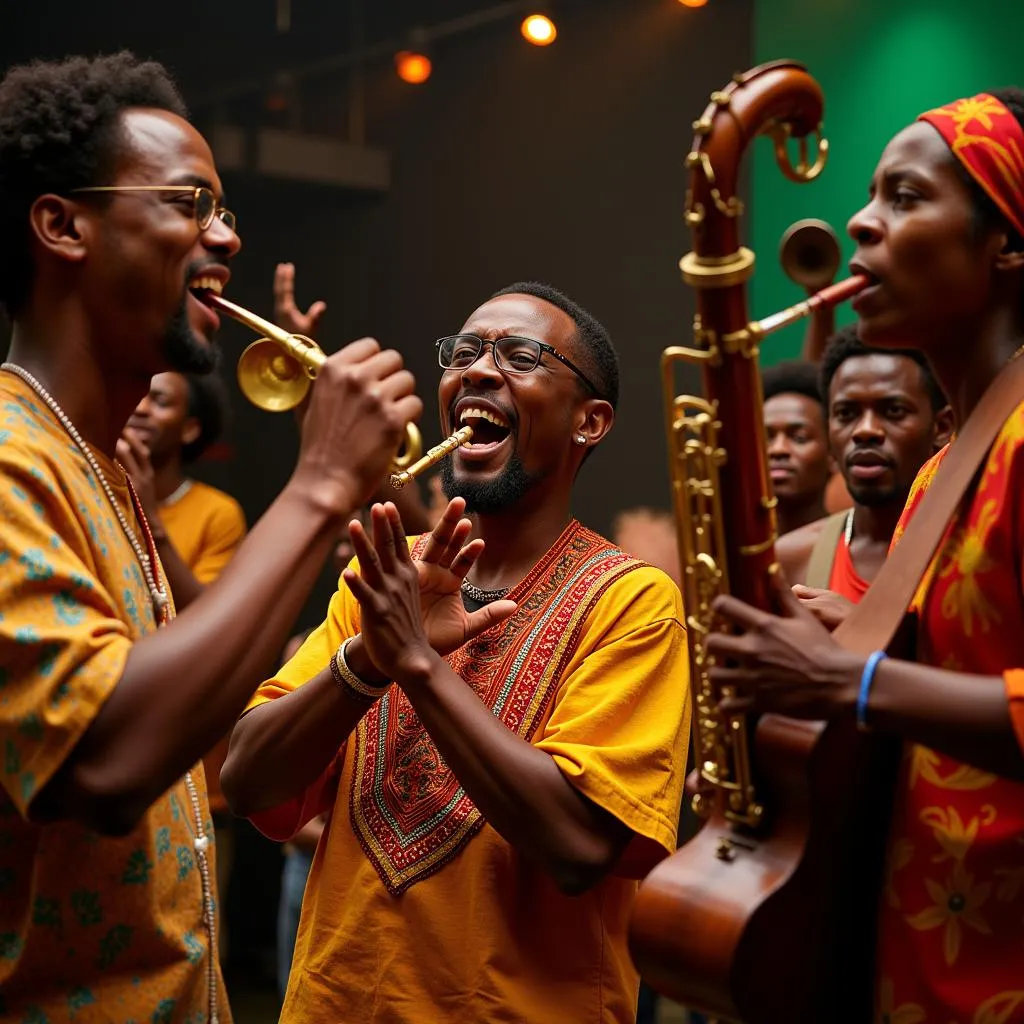African Ballet: A Rich Tapestry of Tradition and Modernity
African Ballet, a vibrant and captivating art form, weaves together traditional African dance with elements of classical ballet and contemporary dance techniques. This dynamic fusion creates a unique and powerful expression of African culture, history, and storytelling.
The Roots of African Ballet
While classical ballet originated in the Italian Renaissance courts, African dance forms have existed for centuries, deeply embedded in rituals, ceremonies, and social gatherings. These dances often convey stories, celebrate harvests, honor ancestors, or mark important life events. When European colonialism spread across Africa, it brought with it ballet and other Western dance styles. However, rather than simply adopting these foreign forms, African dancers and choreographers began to integrate them with their own rich dance traditions.
Pioneers of Innovation
The mid-20th century witnessed the rise of several pioneering figures who shaped the evolution of African ballet. These visionary artists sought to decolonize dance and reclaim their cultural heritage through movement. One such icon is Guinea’s Keita Fodeba, who founded the Ballet Africain in 1952. Fodeba’s troupe toured extensively, showcasing the beauty and power of African dance traditions infused with ballet elements.
A Continent of Diverse Styles
It’s crucial to remember that Africa is not a monolith, and African ballet reflects this incredible diversity. Each region and country has developed its own unique interpretation of this dance form, drawing inspiration from local cultures, music, and stories. For example, Senegal’s Ballet National du Senegal is renowned for its high-energy performances that blend traditional Sabar drumming and movements with classical ballet lines. In South Africa, companies like Joburg Ballet embrace a more contemporary approach, incorporating elements of Afro-fusion and other global dance styles.
Beyond the Stage: Social Impact and Cultural Preservation
African ballet is far more than just entertainment; it’s a powerful tool for social commentary, cultural preservation, and empowerment. Many companies and choreographers use their work to address critical issues such as poverty, gender inequality, and HIV/AIDS. Through their art, they raise awareness, spark dialogue, and inspire change.
Moreover, African ballet plays a vital role in preserving traditional dance forms that might otherwise be lost in an increasingly globalized world. By passing these dances down to younger generations, companies ensure that their cultural heritage continues to thrive.
Experiencing African Ballet
Today, African ballet continues to evolve, captivating audiences worldwide with its energy, grace, and unique blend of tradition and innovation. From large national companies to smaller, community-based groups, the continent is alive with the rhythm of this dynamic art form. If you ever have the opportunity to witness an African ballet performance, don’t miss it! It’s a chance to experience the soul of Africa expressed through the power of movement.
FAQ
1. What are some of the key characteristics of African ballet?
African ballet typically blends traditional African dance styles with elements of classical ballet and contemporary dance. It often features live music, vibrant costumes, and powerful storytelling.
2. Where can I see African ballet performances?
Many African countries have national ballet companies that tour internationally. You can also find performances by smaller companies and schools in major cities around the world.
3. How does African ballet differ from classical ballet?
While both forms share some technical similarities, African ballet places a greater emphasis on rhythm, percussive movement, and storytelling rooted in African culture.
Explore More About African Dance and Culture
Looking for more information on this vibrant topic? Learn about the diverse world of african girl fucked hard.
For any inquiries, please reach out to our dedicated team:
Phone: +255768904061
Email: kaka.mag@gmail.com
Address: Mbarali DC Mawindi, Kangaga, Tanzania.
We are available 24/7 to assist you.

